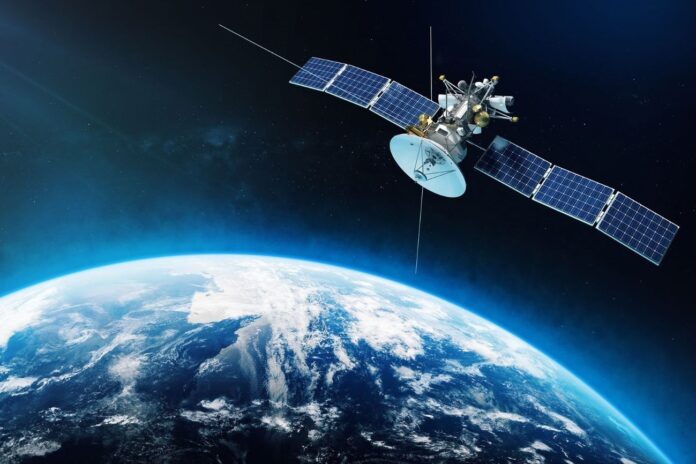Pakistan has successfully launched its first multi-mission satellite, PakSat-MM1, which is now operational and providing space-based broadband services. Minister of State for Information Technology, Shaza Fatima Khawaja, announced the satellite’s launch and introduced the country’s first National Space Policy.
Khawaja emphasized the critical role PakSat-MM1 plays in the new policy, stating that it could revolutionize connectivity across Pakistan, particularly in remote and underserved regions. She highlighted that the satellite addresses long-standing challenges by delivering internet access to areas where traditional infrastructure has been slow to develop.
“PAKSAT-MM1 will connect unserved regions with services such as direct-to-home (DTH) broadcasting, community internet, tele-education, and telemedicine,” Khawaja explained.
Pakistan Space and Upper Atmosphere Research Commission (SUPARCO) Chairman Yusuf Khan, alongside PakSat CEO Khalid Rashid, praised the satellite’s advanced capabilities, noting its potential to significantly enhance internet speeds nationwide. They also pointed out its ability to provide 5G coverage, which could help overcome the logistical and cost-related barriers in expanding telecom infrastructure to remote areas.
With a lifespan of more than 15 years, PakSat-MM1 offers broadband and VSAT connectivity through C, Ku, Ka, and L bands, supporting Pakistan’s aim to become a digitally empowered nation.
Launched from China on May 30, PakSat-MM1 reached its orbit on June 5 at an altitude of 38,786 km above Earth. Positioned at 38.2 degrees East, the satellite, weighing five tonnes, is equipped with state-of-the-art communication technology to deliver high-speed internet across the country.
SUPARCO’s spokesperson confirmed that various tests will be conducted on the satellite to assess its condition in orbit. Dr. Usman Iftikhar, Project Manager of MM-1 at SUPARCO, explained that the primary goal of PakSat-MM1 is to enhance Pakistan’s communication infrastructure, facilitating broader connectivity and advancing services such as tele-education, e-health, e-governance, and e-commerce, with the aim of transforming the country into a digital powerhouse.
In addition, Pakistan’s first lunar mission, ICUBE-Q, was launched earlier on May 3 aboard China’s Chang’E6 spacecraft from Hainan, marking a major milestone in the nation’s space exploration efforts.










